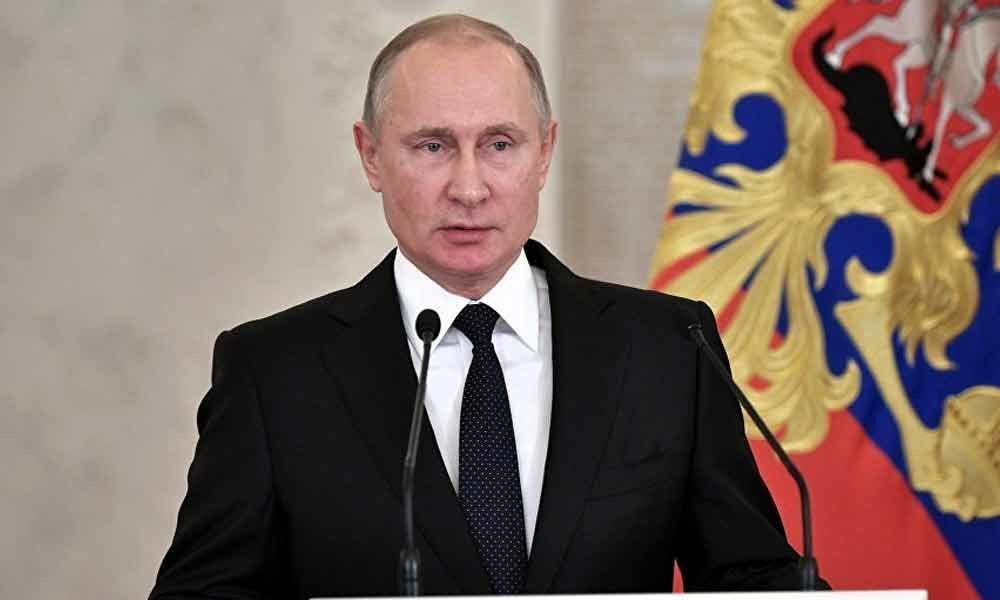Russian medics fear nuclear blast contamination

Five nuclear engineers died on August 8 when an "isotope-fuel" engine blew up at the Nyonoksa test range in Arkhangelsk Oblast and six other people were injured.
MOSCOW: Russian medics who treated radiation victims after a military explosion had no protection and now fear that they exposed themselves, a media report said on Friday.
Five nuclear engineers died on August 8 when an "isotope-fuel" engine blew up at the Nyonoksa test range in Arkhangelsk Oblast, officials said. Six other people were injured.
Officials gave few details about the accident. On August 14, Russia's weather service Rosgidromet revealed that radiation levels had spiked 16 times above normal, in Severodvinsk, a city 47 km east of Nyonoksa.
According to the official data, the radiation that reached Severodvinsk was not heavy enough to cause radiation sickness.
Two of the Arkhangelsk medics, who spoke to the BBC on Thursday, said that at least 90 people came into contact with the casualties, but the military did not warn them of any nuclear contamination risk.
The medics were at the civilian Arkhangelsk regional hospital, which treated three of the injured, while three other casualties were taken to an Arkhangelsk hospital called Semashko, which is equipped for radiation emergencies.
The medics said that they were speaking out now because they feared for their own health and did not want any similar "(safety) violations" to recur.
To requests on #IMS detection beyond #CTBT, data in, or near the path of potential plume from the explosion are being analyzed . We're also addressing w/station operators technical problems experienced at two neighboring stations. All data are available to our Member States. https://t.co/pHL4WrHU23 pic.twitter.com/9aO5cQTlls
— Lassina Zerbo (@SinaZerbo) August 18, 2019
"We don't want them to bring us next time, not three, but 10 people, God forbid and hide the information from us again," one of the medics told the BBC.
The medics said it was clear that the three brought to their regional hospital were very sick. Doctors examined them in the emergency room, then sent them to an operating theatre.
"The radiation picture was developing by the hour. Blood tests were being done, and every hour you could see that this or that cell count was plunging. That signified a very high radiation dose," they said.
The next day the three victims were transferred to a hospital in Moscow which has radiation specialists. Their condition now is unknown.
On Monday an international nuclear agency reported that the two Russian radiation monitoring stations nearest to Nyonoksa had gone offline soon after the explosion.
The revelation fuelled suspicions that the radiation could have been heavier than officially reported.








